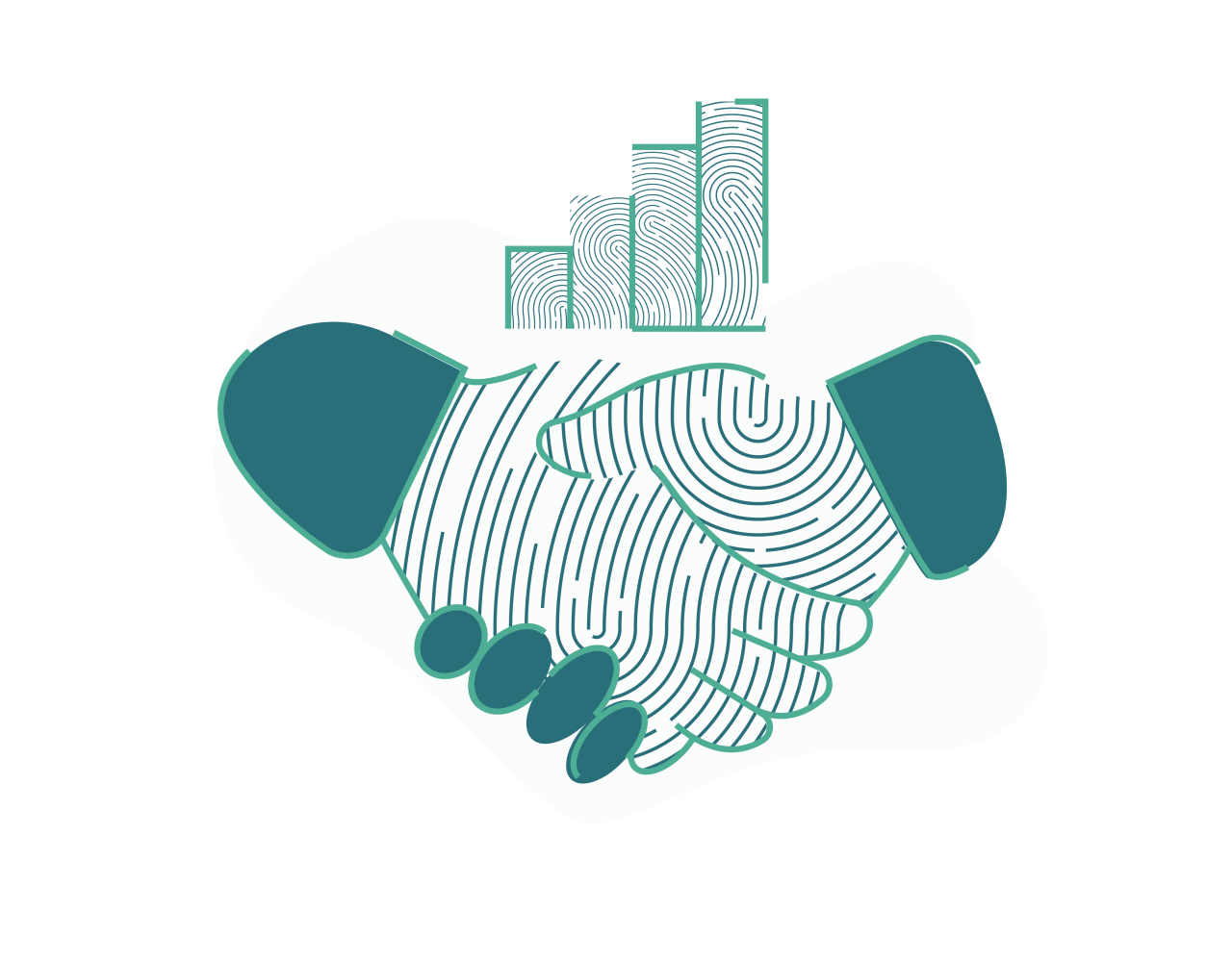
ESG Leadership Strategies: How Leading With Purpose Helps to Overcome Key Challenges
August 19, 2024
Effective Strategies for Sustainable Management
August 22, 2024Ethical ESG Practices
Brand trust is more important than ever according to 71% of people. The numbers back this up. Trust significantly influences consumers’ buying behavior, with 59% more likely to purchase products from brands they trust. In addition, 67% of consumers are more inclined to remain loyal to and advocate for trusted brands.
What wins trust? For most people, it’s not competence. Instead, 76% of global companies’ trust capital comes from their ethics.
Ethical attributes are not just a moral obligation. They are a strategic business imperative. Organizations can leverage their increasing focus on environmental, social, and governance (ESG) matters to embed ethical practices into every element of their operations


Business Ethics And ESG
A Brief History
ESG as we know it today has its foundations in business ethics movements, namely the introduction of corporate social responsibility (CSR) in the 1960s and ’70s.
Over time, CSR evolved. In the mid-1990s, John Elkington’s “Triple Bottom Line” concept broadened business accountability to include social and environmental impacts. Then, in 2004, the United Nations (UN) released a report, “Who Cares Wins,” and coined the term ESG. The Global Reporting Initiative (GRI) and the Principles for Responsible Investment (PRI) further formalized ESG.
Today, ethical considerations are baked into ESG matters, compelling companies to take responsibility for their impact on the environment and society.

How Ethics Informs ESG
Components
ESG is an umbrella term that covers three critical facets of a company’s impact. Let’s explore how ethical business practices inform approaches to environmental, social, and governance issues
Environmental Ethics
All companies impact the environment in some way. They consume power and use resources. This produces carbon emissions, which contribute to climate change. The environmental aspects of ESG focus on how an organization manages and minimizes this effect on the natural world. It looks at their sustainability efforts, energy sources, and waste management.
Environmental stewardship can be considered a moral duty. For example, companies have an ethical obligation to preserve biodiversity and protect ecosystems. Initiatives like reforestation and habitat conservation are practical actions that promote sustainability and elevate a company's ethical standings.
Social Ethics
People are the drivers of success. Companies of all sizes rely on their employees to earn profits and fuel growth. For these reasons, ethical labor practices must be a priority. These include fair and comparable wages, safe working conditions, and non-discriminatory policies.
When a company treats its employees well, they are more engaged and more productive. Not only does this benefit the company's bottom line; it also has a ripple effect on the local community.
For example, workers who feel undervalued and underpaid may become stressed and unhappy. This negatively affects their family unit. It creates tension in the home, which can impact children's abilities to learn at school or their partner's ability to perform at their job.
In short, companies have the power to uplift not just individuals but society as a whole—and, they have the ethical obligation to do so.
Governance Ethics
Good governance is the backbone of an ethical business. It ensures a company complies with laws and regulations. More than that, it pushes organizations to uphold high standards of conduct
For example, robust governance is transparent and accountable. Companies are truthful about their operational practices, finances, and decision-making processes. They communicate openly about risks and performance. They also have legitimate and enforceable mechanisms in place to hold leaders, executives, and board members to high ethical standards. For example, a business might introduce checks and balances like regular independent audits.
Ethical leadership should also be built into a company's governance. Decision-makers should aim for legally compliant and morally sound solutions using tools like anti-corruption policies to prevent unethical behavior. Sustainable Value Creation ESG creates immediate and sustained value for companies that operate ethically. Higher employee
How Ethical Practices
Benefit Businesses
Of course, ethical behavior should be the default. But for leaders under pressure, the business case for ethical
practices can help secure buy-in and adoption.
Here’s how ethics help businesses achieve strategic outcomes
New Opportunities
Ethical business strategies foster innovation and sharpen a company's competitive edge. They open doors to new opportunities and markets. They attract a growing proportion of ethically-minded consumers and investors. They are forward-looking and embrace sustainable practices that are more resilient to inevitable future challenges
Risk Mitigation
Ethical business practices safeguard against legal challenges, financial loss, and brand reputation damage. They empower companies to comply with evolving regulations and to leverage their compliance as a competitive advantage
Sustainable Value Creation
ESG creates immediate and sustained value for companies that operate ethically. Higher employee satisfaction and engagement reduces turnover, cuts operational costs, and lifts productivity. Consumer trust inspires loyalty, repeat purchases, and brand advocacy

Bring Ethical ESG Strategies
To Your Company
When ethics are embedded into your business’s core strategies, you experience immediate and long-term benefits. You build a legacy of trust and integrity. You have a positive and far-reaching impact on your customers, employees, and community.
Integrate ESG into your operations by partnering with Sustainable Solutions. We shape customized, results- driven ESG roadmaps that help you achieve your unique goals.




